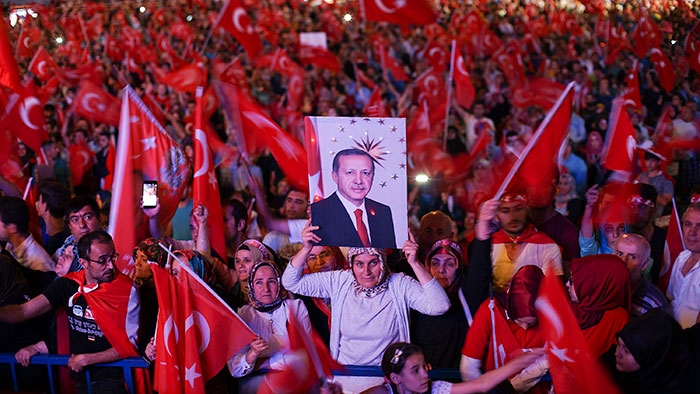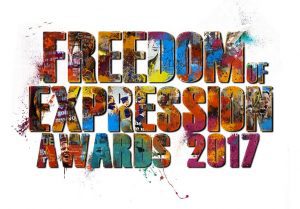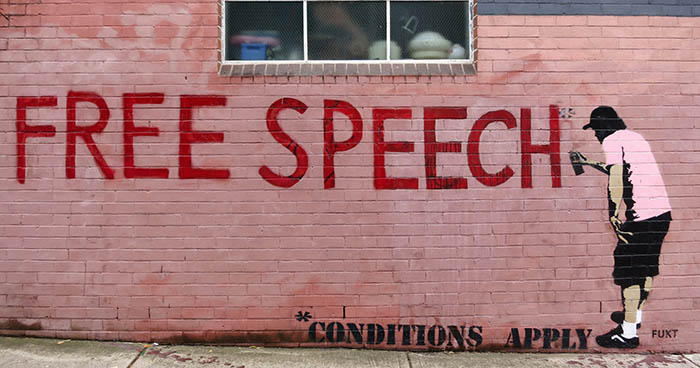Many universities pay lip service to freedom of speech on campus, but actions often tell a different story. In an effort to limit insult and offence, universities also limit freedom of expression. Spiked’s survey of British universities examines the policies and actions of faculty and students and ranks them using a traffic-light-themed system.
A ranking of “red” means that the university in question has banned and actively censored ideas on campus, “amber” signifies that it as chilled free speech through intervention and “green” indicates that the university has a hands-off approach to free speech. Over the last three years, the Spiked’s analysis has seen the steady decline of free speech on campus.
Here are just three examples from the last few weeks.
Lincoln University Conservative Society censored for criticising state of free speech on campus
The Lincoln University Conservative Society has been suspended from using social media by the Lincoln Student Union after publishing tweets that highlighted the university’s lack of free speech.
“Due to SU orders this Twitter account will no longer be active. We hope to return on 1st May. Sorry for any inconvenience,” the Conservative Society tweeted after a students’ union disciplinary hearing found that two tweets by the society brought the university into “disrepute.”
One tweet complained about a questionnaire those who wish to run in student union elections are required to submit. The other included a screenshot of a Spiked article which gave Lincoln the worst possible Free Speech University Ranking. According to Spiked, the university administration has a better ranking and therefore less restrictive free speech policies than the students’ union. The union’s policies allow them to restrict what they deem to be offensive, racist or fascist speech, and ban speakers who may draw controversy as part of their Safe Campus policy.
This is not the first time the students’ union has been criticised for violating students’ right to free speech. In 2016 it has banned use of the social media app Yik Yak from campus. The app, which allows students to post anonymous comments based on location, was made unavailable on the university’s wifi networks because it “caused much distress to a number of students”.
After the decision to suspend the Conservative Society’s Twitter account, , the union published a statement expressing their support and dedication to free speech on campus.
“Freedom of speech is a fundamental value of the Students’ Union,” it said. “The SU is built on a foundation where students can express opinions and ideas freely within the law.”
A spokesperson for the Conservative Society told The Lincolnite that the decisions were “misguided and disproportionate”.
Karl McCartney, MP for Lincoln, called the shutdown “intolerant,” “totalitarian,” and like “something out of the Soviet Union or North Korea”.
Tommy Robinson unwelcome at Oxford Brookes University
Ex-English Defence League leader Tommy Robinson was due to speak at Oxford Brookes University in February. Following an outcry from members of the student body, the university’s student union refused approval of the event, disallowing the right-wing activist to speak on campus.
Robinson, who is also at the helm of the anti-Islamist group Pegida UK, had been invited to speak at the university by an anti-extremism student group. The opposition to Robinson’s appearance on campus was strong enough that the police warned it posed a “public disorder” risk.
Accusations of Robinson supporting fascism and white supremacy spread throughout the university campus. Aspiring protesters launched a petition claiming that “regardless of his official departure from the EDL in 2013, Robinson has built his career on Islamophobic, racist speech and violence”.
The liberal student organisation that originally invited Robinson to speak did so in an effort to combat extremism through open dialogue.
Oxford Brookes University places no significant restrictions on free speech, but its students’ union employs a No Platform policy for those it deems to be fascist or racist, as well as a de facto ban on sexist expression.
Spiked gives Oxford Brookes an overall rating of amber, a combination of a green rating for the university and a red rating for the students’ union.
Cardiff Metropolitan University accused of policing speech in the name of equality
Cardiff Metropolitan University is attempting to “promote an atmosphere in which all students and staff feel valued”. In doing so, the university has created a Code of Practice on using Inclusive Language that enforces acceptable terminology throughout its academic programmes and campus.
The code offers “a few suggestions” – a list of 34 words and phrases to avoid and what to replace them with. If “this Code is not adhered to” disciplinary procedures can be taken against both staff and students.
Some of these suggestions include avoiding assumptions and generalisations based on stereotypes or norms from one’s own cultural background, using gender-neutral language, abstaining from using terms which might be regarded as patronising or pitying and using language which embraces cultural diversity.
On its “gender-neutral” terms checklist, the university recommends replacing the expression “right-hand man” with “chief assistant,” using “fairness, good humour, or sense of fair play” in place of “sportsmanship,” saying “artificial, manufactured, or synthetic” instead of “manmade” and calling adult females “women” instead of “girls”.
The code also states: “These days the terms ‘homosexual’ and ‘heterosexual’ seem laden with the values of a previous time. Referring to ‘same-sex’ and ‘other-sex’ relationships is a good option.”
Spiked has given Cardiff Metropolitan University an amber rating as it places restrictions on “offensive comments or gestures” and “jokes,” while also urging students to police their speech and avoid non-inclusive words. The students’ union has a rating of red due to its no platform policy, which bans racists, sexists and homophobes from the campus.
[/vc_column_text][/vc_column][/vc_row][vc_row][vc_column][vc_basic_grid post_type=”post” max_items=”4″ element_width=”6″ grid_id=”vc_gid:1489746234747-41452242-9ad6-6″ taxonomies=”8843″][/vc_column][/vc_row]



